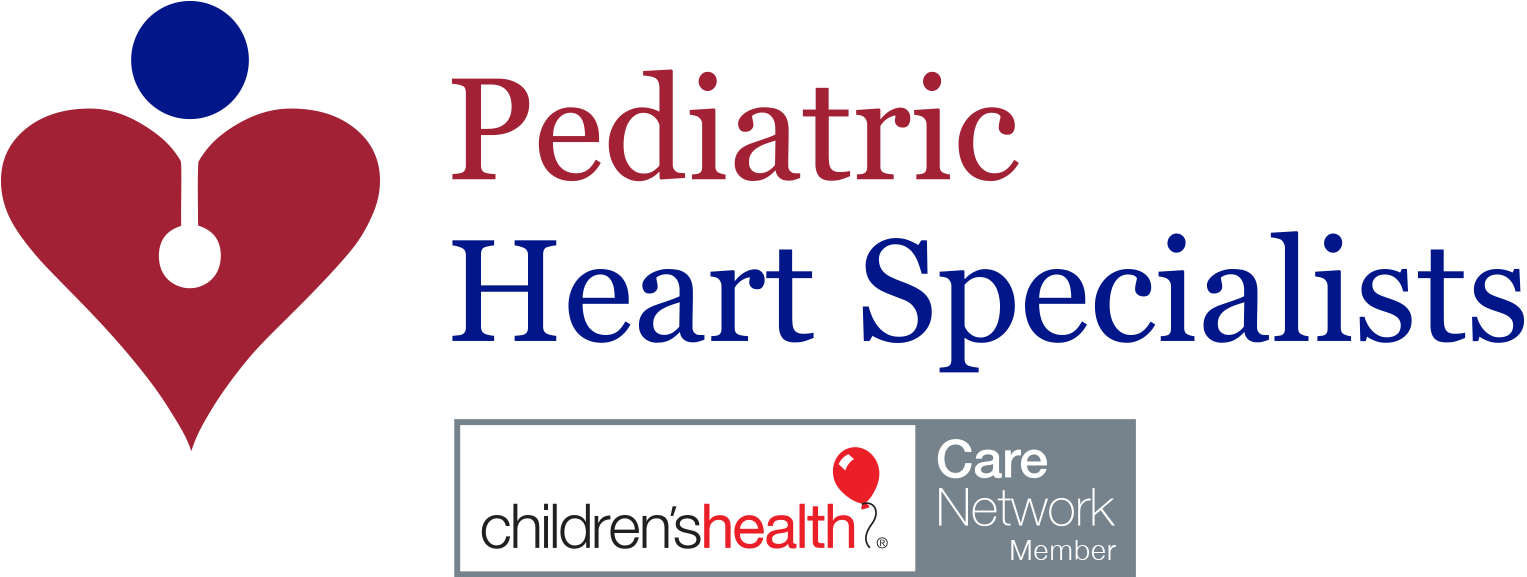Down Syndrome and Congenital Heart Disease
- Details
Down syndrome, or Trisomy 21, is a condition where extra genetic material causes mental and physical delays and deficits. It affects around 1 in every 800 babies born in the United States. The medical problems associated with Down syndrome can vary widely; while some children require complex medical needs, others lead healthy lives.
Trisomy 21 was first described in 1887 by a British doctor, John Langdon Down. It wasn’t until 1959, however, that the cause was identified. Normal at the time of conception, a baby inherits genetic information from its parents equally, with 23 chromosomes from the mother and 23 from the father (totaling 46 chromosomes). In most cases of Down syndrome, the child receives an extra chromosome 21, and it is this extra material that causes the physical features and developmental delays associated with Down syndrome.
It is unclear why trisomy 21 occurs, but there are certain scenarios that increase the risk of carrying a child with Down syndrome. Women age 35 and older have a significantly higher risk of having a child of Down syndrome. Today, this can be detected before birth, and certain screenings can help assess each fetus’ risk for carrying trisomy 21.
Congenital heart defects are quite common in babies with Down syndrome. About 40-50% of babies diagnosed with trisomy 21 have heart defects. Early screening and surgical intervention can greatly increase the quality of life and overall life span in these individuals. The most common heart defects in Down syndrome are the following: atrioventricular septal defect, or AV canal defects (45%), ventricular septal defects (35%), secundum atrial septal defects (8%), and patent ductus arteriosus (7%). Less commonly are other complex forms of congenital heart defects, such as tetralogy of Fallot (4%), or any combination of multiple defects. Given this increased risk, all babies and children with Down syndrome should have a screening echocardiogram. In addition, fetuses with suspected trisomy 21 also need a fetal echocardiogram to help assess risk.
Once diagnosed, these heart defects usually require similar management as other children with similar congenital heart disease. However, the presence of Down syndrome may alter timing for surgical repair, specific surgical strategies, or overall medical management. Our physicians at Pediatric Heart Specialists are happy to discuss further issues in detail regarding these special patients. Please do not hesitate to contact us!
Amit Verma, MD.
Posted by .
